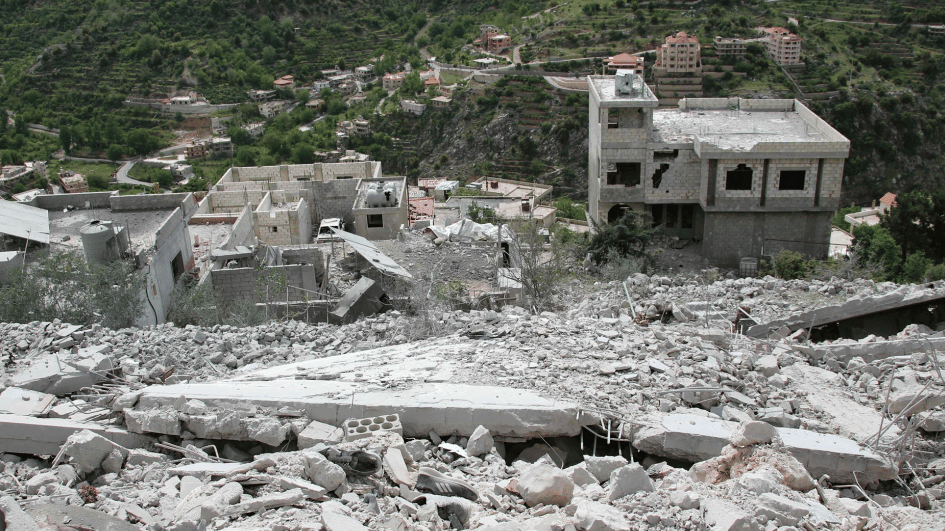A lull in the Turco-Greek tug of war?
If not for the shocking developments in Washington, we would be talking about a different agenda.
We would be – and actually we were – talking about issues and problems closer to us. Like, the current phase in the relations between Greece and Turkey and what we should expect from the relative lull in the east Mediterranean Sea
From what we understand, we are at a stage where we should expect the announcement of a date to restart exploratory talk between both sides as behind-the-scenes talks continue. We do not know, though, whether the three-pronged talks (under the auspices of NATO’s secretary-general, as well as the diplomatic and political levels), as revealed by Turkish presidential adviser İbrahim Kalın some time ago, will be applied.
After the recent EU Summit and before the inauguration of the new U.S. president, Greece and Turkey appear to be exercising some self-restraint in their statements and actions, especially after the withdrawal of the Oruç Reis. They seem to want to allow for a period of calm which would prepare the ground for the formal initiation of bilateral talks. That is not always so, though. Certain statements from the Turkish side – like statements by Turkish Defence Minister Hulusi Akar about the status of the Aegean islands, or statements by Turkish Energy Minister Fatih Donmez indicating a wish to review the Lausanne Treaty, have stirred a strong reaction among the Greek opposition and political analysts who think that Turkey does not actually want dialogue with Greece.
However, an incident that would have previously caused bitter exchanges has made us think that it may be otherwise. It happened on Jan. 6, the day Greeks celebrate one of the most important feasts on the Orthodox Christian calendar: Epiphany. On that day, according to Greek media, a Greek coast guard vessel was intercepted or “hit” by a Turkish coast guard vessel during an incident involving Greek fishermen who were fishing for bream off the area of Kardak/Imia rocks inside Greek territorial waters. This is not the first time that such an incident has taken place. It has been almost an annual occurrence since the Kardak/Imia crisis in 1996, as January is usually the season to fish bream, and several incidents over the years involving Greek and Turkish fishermen and coast guard vessels have brought the two sides to the brink of a collision.
What is interesting this year, though, was that both Athens and Ankara chose not to make an issue out of it. Actually, according to Greek media, the incident was hushed up by Athens until certain news websites got wind of it and gathered more information from locals on the islands of Leros and Kalymnos opposite Gümüşluk in Bodrum. There was also some information in the Turkish media, namely, that when Greek fishermen from Leros and Kalymnos tried to cross the Imia rocks, the Turkish coast guard patrolling the area stopped the fishermen and the Greek coast guard vessels two miles away. There was an incident. The tension lasted about two hours and eventually the Greek fishermen returned to their islands.
As we do not have official confirmation of the circumstances of the incident, we cannot be sure of the details. But what is noteworthy, though, is that both sides chose not to raise the matter as they have done in the past. That can only mean that the process for dialogue is continuing and that we should – unless a major upset is on the way – be looking out for the announcement of a date for the renewal of exploratory talks. It seems that Greek Prime Minister Kyriakos Mitsotakis’ government, as well as Ankara, would prefer that date to be after the inauguration of U.S. President-elect Joe Biden, i.e., after Jan. 20. The European Union has set a March deadline for Ankara to resolve disputes before imposing possible sanctions.
Still, starting dialogue with Turkey – even on a strict pre-agreed framework – would not be welcomed by everybody in Greece. There is a strong resistance from most of the opposition, several stakeholders and a large part of society who fear that dialogue would lead Greece to lose its control in the Aegean and the east Mediterranean. But on the other hand, they fear (as the latest polls show) that if Greece went to war with Turkey, “it may win the war but with severe losses.”











